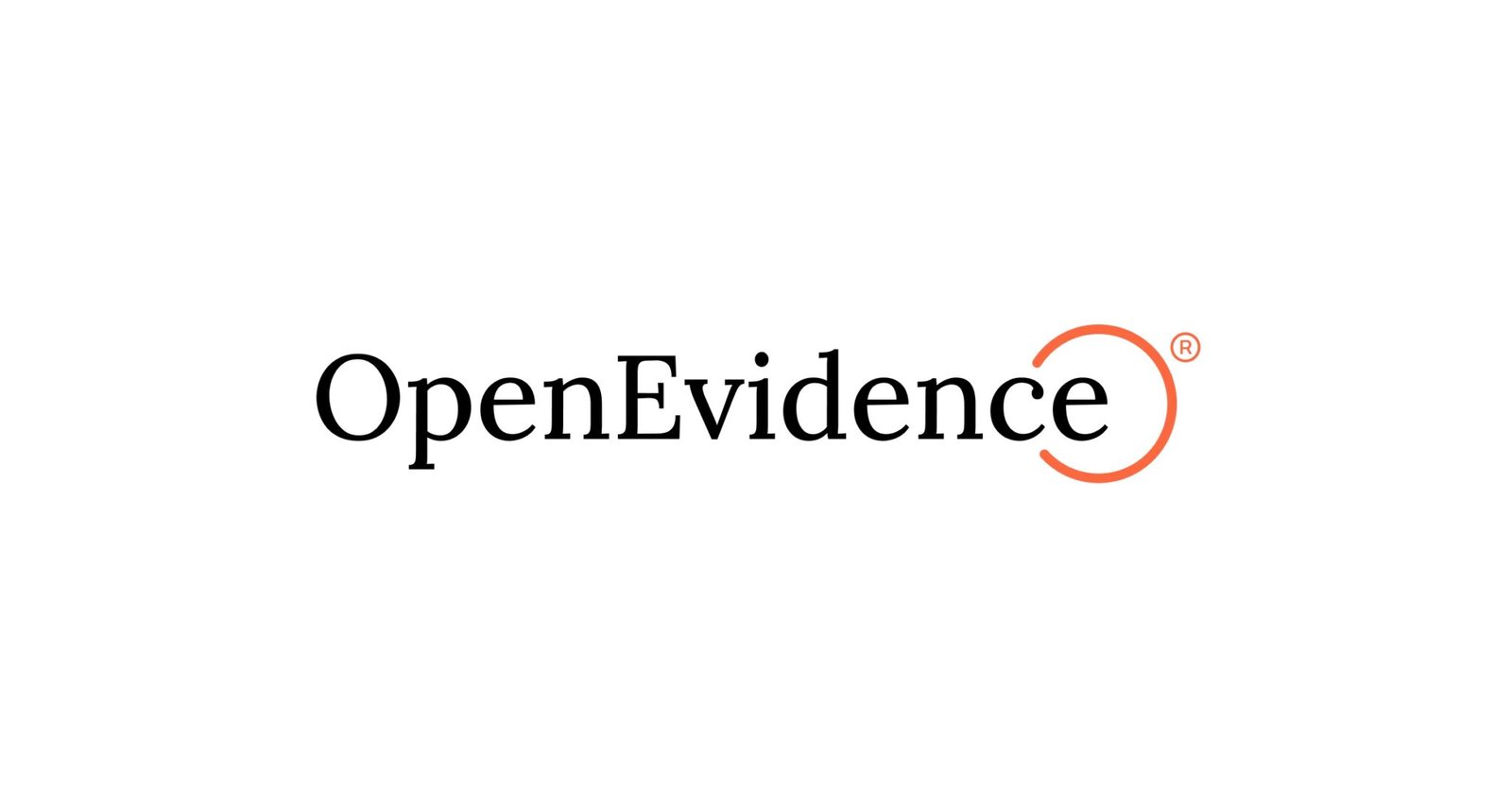OpenEvidence, a pioneering AI firm focused on healthcare solutions, has closed a massive $200 million funding round.
Valued at an impressive $6 billion, the startup’s chatbot tool often dubbed the “ChatGPT of healthcare”, is set to accelerate its mission of empowering physicians and clinicians worldwide.
This infusion of capital comes at a pivotal time when specialized AI applications are capturing the spotlight, outpacing the hype around broad-spectrum models.
Founded just three years ago, OpenEvidence has quickly emerged as a game-changer in medical diagnostics.
The company’s intuitive platform leverages advanced AI to streamline clinical decision-making, enabling faster and more accurate patient assessments.
With an easy-to-use mobile app already in the hands of thousands of healthcare workers, OpenEvidence is bridging the gap between cutting-edge technology and everyday medical practice.
Rapid Rise: From Startup to Healthcare Powerhouse
The journey of OpenEvidence began in 2022, sparked by a vision to tackle one of medicine’s biggest pain points: the time-intensive process of diagnosis.
Co-founders Daniel Nadler and Zachary Ziegler, both veterans in the AI space, recognized the potential of tailored language models to assist professionals in high-stakes environments.
Nadler, who previously led Kensho, an AI venture sold to S&P Global in a $550 million deal, brought battle-tested expertise to the table.
What started as a niche tool has exploded in adoption. Just months ago, the platform was aiding in 8.5 million patient interactions monthly. Today, that figure has surged to 15 million, a staggering 76% increase in mere quarters.
Doctors, nurses, and allied health staff are turning to OpenEvidence for real-time insights, from symptom analysis to treatment recommendations, all while maintaining rigorous standards for accuracy and privacy.
“This growth isn’t just numbers; it’s lives touched,” Nadler shared in a recent statement. “Our goal is to equip every clinician with a reliable AI partner that enhances their expertise, not replaces it.”
Funding Breakdown: Backing from Visionary Investors
The $200 million raise, set to be formally unveiled today, underscores investor confidence in sector-specific AI. While details on lead backers remain under wraps, the round reflects a broader shift in venture capital dynamics.
Gone are the days when funding funneled exclusively into mega-models like those from OpenAI or Anthropic.
Now, nimble innovators like OpenEvidence are drawing billions by proving tangible ROI in vertical markets.
This isn’t OpenEvidence’s first brush with high-stakes finance. The company’s trajectory mirrors Nadler’s prior success, where Kensho’s acquisition highlighted AI’s transformative power in data-heavy fields.
At a $6 billion valuation, OpenEvidence joins an elite cadre of AI unicorns, poised to expand its footprint globally.
How OpenEvidence is Redefining Diagnostics
At its core, OpenEvidence’s technology is a finely tuned AI engine, optimized for the nuances of medical language and evidence-based reasoning.
Unlike general-purpose chatbots, it draws from vast repositories of peer-reviewed studies, clinical guidelines, and anonymized case data to deliver context-aware responses.
Users can query complex scenarios such as rare disease differentials or drug interaction risks, and receive synthesized insights in seconds.
The iOS app, a cornerstone of its accessibility, integrates seamlessly into workflows, supporting everything from emergency room triage to routine check-ups.
Early adopters report up to 30% faster diagnostic times, reducing burnout and improving outcomes.
As AI ethics evolve, OpenEvidence emphasizes transparency, with built-in audit trails ensuring decisions remain human-led.
This specialized approach is part of a larger industry pivot. Tools like Cursor’s coding assistant have similarly disrupted software development, amassing users by solving pain points that broad AI couldn’t.
In healthcare, where errors can be catastrophic, such precision is not just innovative, it’s essential.
Future Horizons: AI’s Enduring Impact on Global Health
Looking ahead, the funding will fuel R&D into multimodal capabilities, including image analysis for radiology and predictive analytics for epidemiology.
OpenEvidence aims to partner with hospitals and pharma giants, potentially integrating its tech into electronic health records systems.
This round arrives amid regulatory tailwinds, with bodies like the FDA fast-tracking AI approvals for low-risk tools.
Yet challenges loom: ensuring equity in access, mitigating biases in training data, and scaling amid talent shortages.
For now, though, OpenEvidence exemplifies how targeted AI can democratize expertise, making top-tier care more attainable.
As the AI landscape matures, expect more stories like this, where startups don’t just chase trends but redefine them.
OpenEvidence isn’t merely raising funds; it’s raising the bar for what’s possible in medicine

